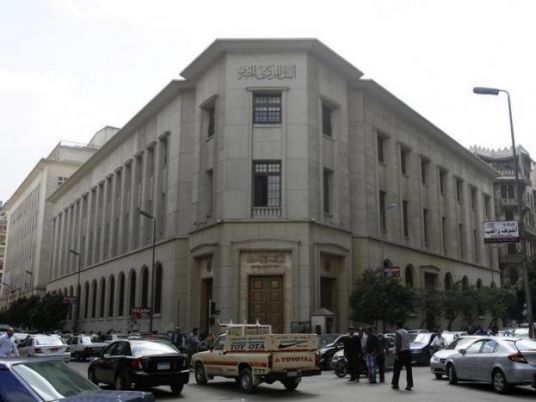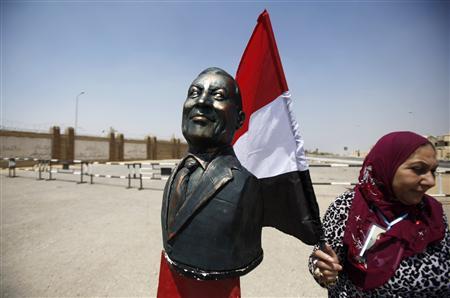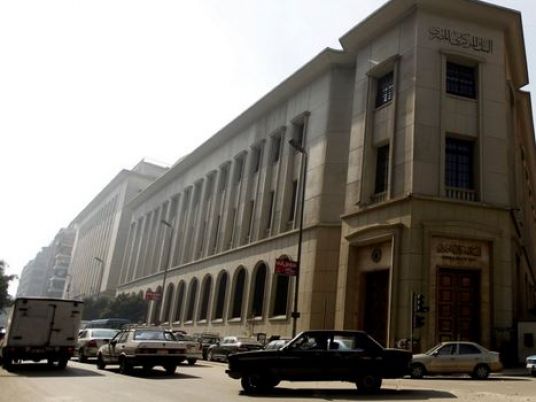We are living in the most turbulent times since the eruption of the revolution. Rational thinking is unable to cope with the pace of day-to-day events, and experts cannot find a clue to what is going on; let alone what should be done. Thus, many revolutionaries are becoming increasingly disappointed. However, a more in-depth analysis may help us to perceive the “eclipse of reason” as it truly is: A victory for the revolution.
To start with, we have to remember that revolutions are not “democratization processes” that lead to some kind of simple procedural reforms. Revolutions, rather, are radical structural changes in the relation between the state and society, and between different societal classes.
Naturally, these radical changes posit an existential threat to the dominant classes, as they jeopardize their historically entrenched privileges. And this does not go without resistance — the prevailing classes employ several techniques to prevent revolutions from reaching their destined goal. Cultural hegemony, as analyzed by Antonio Gramsci, is one such technique.
Cultural hegemony saves the classes in power the effort of practicing coercive external domination, as it legitimizes their “moral supremacy” over society. Various civil society institutions — schools, mosques, churches and the media — are used to disseminate the ruling classes’ worldview as the “rational,” “natural,” and, hence, legitimate view. Dissenting worldviews, on the other hand, are delegitimized and their advocates demoralized and alienated.
The ruling classes continuously attempt to shape our personal convictions. Instead of practicing external domination, they drive people implicitly to internalize their moral supremacy and practice internal domination over themselves.
We have seen this kind of discourse infiltrating the revolution in a way that has hindered its progress toward achieving the radical changes it can and ought to achieve. The construction of “the 25 January youth” is one example.
This narrative cast the instigators and leaders of the revolution as a group of westernized, upper-middle class youngsters. Based on this story line, we have seen a distinction drawn between the true, respectable, peaceful and moral revolutionary and the violent, irresponsible and immoral one.
This allowed for enveloping the revolution into normal institutional political practice too early. For isn’t it the case that the respectable revolutionary should calm down, leave the streets and join a licensed party?
But the revolution, in its essence, is a pre-political situation. The collision of classes in the streets, i.e. the revolution, shapes the political arena and sets new rules for the game. This should come before practicing normal institutional politics.
In our case, the rush to form political parties and coalitions hindered the revolution, as it attempted to counter and delegitimize street radicalization, transforming the revolution into an empty elitist contest between forces that employ the same old rules of the game.
Out of good intentions, many revolutionaries rushed to get involved in political practice by joining newly formed parties. They condemned the “irrational violence” practiced by radical street fighters who, in most cases, belong to poorer classes.
But, ironically, all the political gains of the revolution were achieved by these irrational street acts. Tahrir Square would not have been occupied unless the dwellers of the most disenfranchised quarters of the city stormed police stations and defeated police forces.
Similarly, it was the “irrational” violence of Mohamed Mahmoud Street in November 2011 that forced the Supreme Council of Armed Forces out of power by fixing a date for the presidential elections.
And, last but not least, it was the violent resistance to the Muslim Brotherhood in front of the Ettehadiya Presidential Palace that forced the Brotherhood to reveal their true colors, which will in turn accelerate the diminishing of their long-standing self-portrayal as the most popular political force in Egypt.
What irrational revolutionaries are confronting is the core of authority, which goes beyond its veiling structures. This kind of confrontation corners whoever is in a position of authority, and unveils its reality. Hence, this irrationality is the motor force behind the radicalization of many thousands of people from different social classes. It is the magical force which mixes up the calculations of all state institutions — the presidency, the judiciary, the police and the military.
To prevent radical change, the dominant classes introduce their own worldview as the nature of things. They attempt to instill in us the conviction that the world will end if they are displaced.
The revolution will escape the chains of this worldview only by the efforts of those who care about joy and human freedom more than about the safety and stability of the world, or about the status quo rationality.
This world as-it-is is just the version being offered and taught by the dominant classes. Out of the ruins of such a world, a new free world will emerge.
Bassem Zakaria is an Egyptian political researcher.
This piece was originally published in Egypt Independent's weekly print edition.




